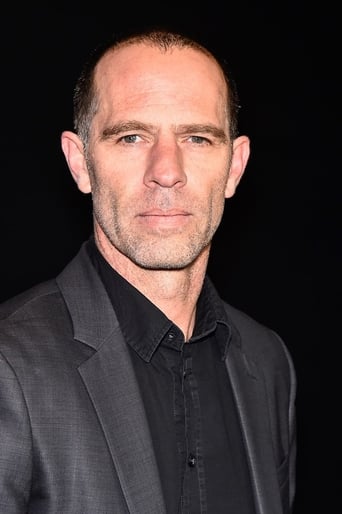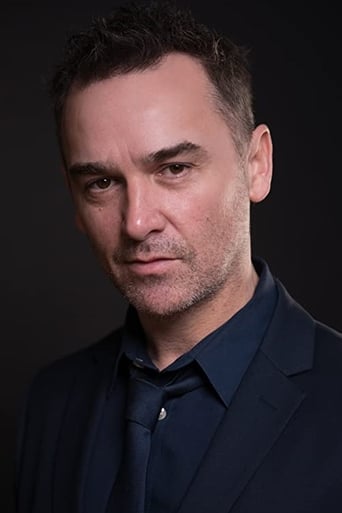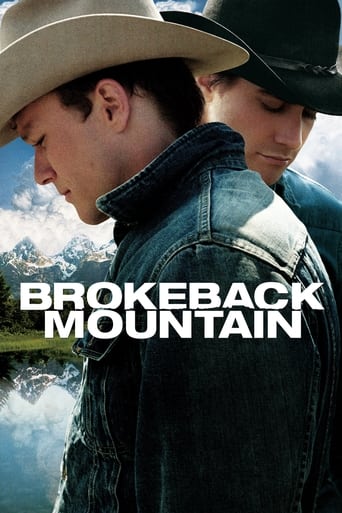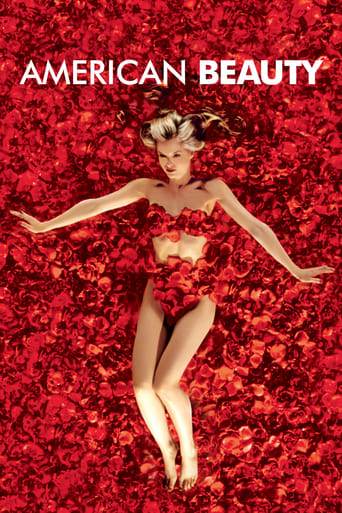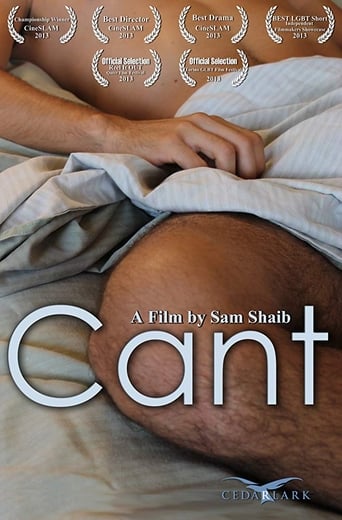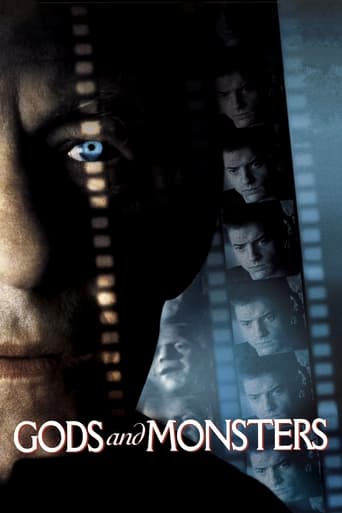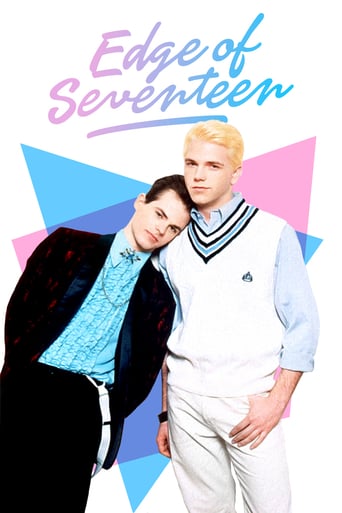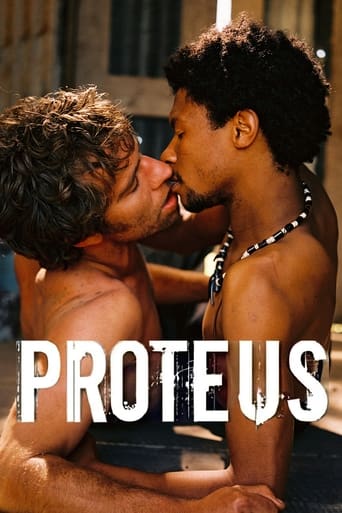
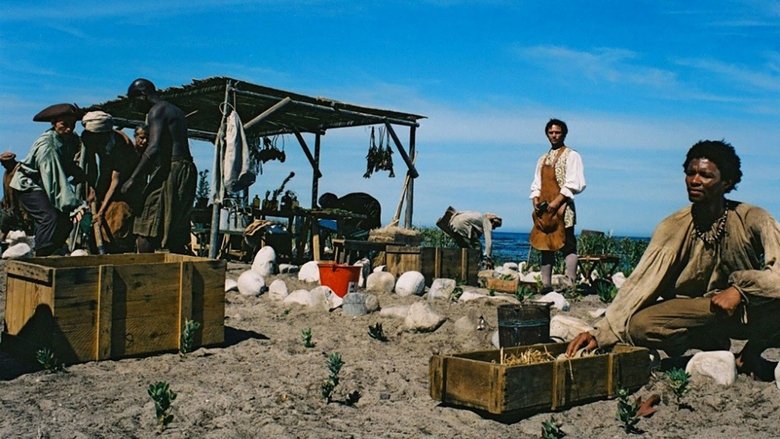
Proteus (2003)
An exquisite period piece that skillfully explores the intersections of sex, race and politics takes place in 18th century South Africa, telling the passionate (true) story of two men caught in an unjust system rife with racism, homophobia and cruelty.
Watch Trailer
Cast


Similar titles
Reviews
The important thing to know when going into this film is that it's first an art film; second, an historical drama; and finally and interracial gay love story.As an art film, it meanders and intermingles elements of the 18th, 19th, and 20th centuries - from 1725 to 1964 - as a cinematic illustration of the maxim plus ça change, plus c'est la même chose - the more things change, the more they stay the same.As an historical drama, it is based on an actual case and uses the names of the two men. The real relationship, however, began about 1715 (not 1725, as presented in the film) when Rijkhaart Jacobsz and Claas Blank were about 16 years old. They had been together 20 years when they were executed in 1735 about age 36. Their relationship was not particularly secret, and apparently not particularly shocking - so the reason for their trial and execution can only be speculated. The most likely explanation is that the sodomy panic that gripped The Netherlands in 1731 made its way down to Cape Town by 1735.One of the amazing things about the real court case is that the testimonial evidence of the Khoi defendant, as well as the Dutch one, was recorded. Usually, there's just notes as to what the Black defendant said, not his (or her) actual words. So, for some reason, Claas Blank sufficiently impressed the Cape Colony authorities that he was treated essentially the same as a white convict.Proteus is a poignant film, and a fine example of contemporary South African (and Canadian) cinema.
I had seen this in the cinema some 7 or 8 months ago and when I saw it on sale on DVD, I snatched it up immediately; this is a film I will definitely watch many times before it's exhausted its fascination.This is unquestionably one of the strangest films ever made, and one of the most intriguing and even beautiful. Slight spoiler: *It does NOT have a happy ending, but it IS, nevertheless, a tremendously positive ending.* The love story involved is complex and clearly developed with an eye firmly fixed on the morality, ideas, and misinformation endemic to the early 18th century, when the "real life story" took place. Nevertheless, the film is chockablock full of some very strange anachronisms. Nevertheless, both the buddy I saw it with and I were able, very early on in the film, to adapt easily to that. Subsequently, I DID find out that, as I had expected, Greyson, the director, and Lewis, the writer along with Greyson, did those wild anachronisms deliberately in order to underscore, so to speak, the fact that racism, homophobia and class differences are as alive and well in the 21st century as they were in the 18th.The main focus is on the two lovers, but the Scottish botanist -- Spoiler: *present more as observer and sympathizer as anything else, though he is a major plot element* -- helps to open the story out to a much wider impact than a "mere" prison romance could allow for.Beautifully acted (particularly Rouxnet Brown, Neil Sandilands (the lovers) and Shaun Smyth (the Scots botanist, though ALL really do a splendid job with difficult material), for a film that was made on the merest wisp of funding fantastic production values, and, IMHO, great heart.A Canadian/South African Film Treaty movie, it pleased me enormously to learn that some of that micro-funding actually came from the government of SA! My major criticism of the film is the somewhat confused subtitling: There are, apparently, some four languages used in the film, Afrikans, Dutch, English and the click tongue of the Bushmen. *Once or twice the language on screen was subtitled in a non-English language.* A bit frustrating but scarcely off-putting.Enjoy!
While a brief description of "Proteus" may not make it sound particularly appealing, it's a surprisingly good work dealing with a time, place, and situation rarely covered in the movies. The anachronistic appearance of modern clothes and devices is only occasional and is probably meant to emphasize that the problems dealt with in "Proteus" are still with us today, in various forms. This insight, however, probably isn't worth the breaks in the movie's fabric these appearances cause. Also, the subplot involving a Dutch botanist, though given a lot of footage, never quite gels into a satisfying story.Acting honors belong to Rouxnet Brown as the imprisoned "Hottentot" but viewers may be equally impressed by Neil Sandilands as the Dutch sailor-turned-inmate who becomes his lover. Sandilands may be half-a-notch below handsome but he has a good face and a good body and one can well imagine prison guards staring at him whenever he takes a shower. Unfortunately, his flogging scene is joined only after the final lash has been struck.Neil Sandilands is a virtual newcomer at this point but he has about him the look and manner of a young Sam Elliott and could, with the right exposure, go places.Those who go to this movie expecting lots of nudity and graphic sex will be disappointed. The sex scenes are frank but non-exploitive and, by current standards, almost modest.
Post-apartheid cinema is characterized by the emergence of new voices and a diversification of themes. For the first time South African audiences are exposed to certain marginalized communities, including gay and lesbian subcultures. An important milestone in South African feature film-making is Jack Lewis's Proteus, the beginning of a visible gay/lesbian cinema in South Africa. Under apartheid gay and lesbian voices in film and television were also silenced. In a seven year study of the depiction of gays and lesbians in African, Asian and Latin American cinema I have noted that homosexual experience is unique in South Africa, precisely because of our history of racial division and subsequent resistance. Based on a true story, PROTEUS is a period film that raises issues still of enormous relevance today. Historian and filmmaker Jack Lewis was fascinated by a court record in the Cape Archives, dated 18 August 1735, giving judgment in the case of two Robben Island prisoners. Dutch sailor Rijkhaart Jacobsz and Khoe convict Class Blank received extreme sentences for what the court called 'the abominable and unnatural crime of Sodomy'. It is an extremely moving experience and forms part of a very small number of South African productions on homosexuality. Despite a new constitution which prohibits discrimination against gays and lesbians, our images of gay men and women are limited and still on the margin of the film industry. One ends up with less than fifteen short films, a few documentaries, less than five features with openly gay and lesbian characters and virtually no television programmes during the past hundred years of South African cinema!



